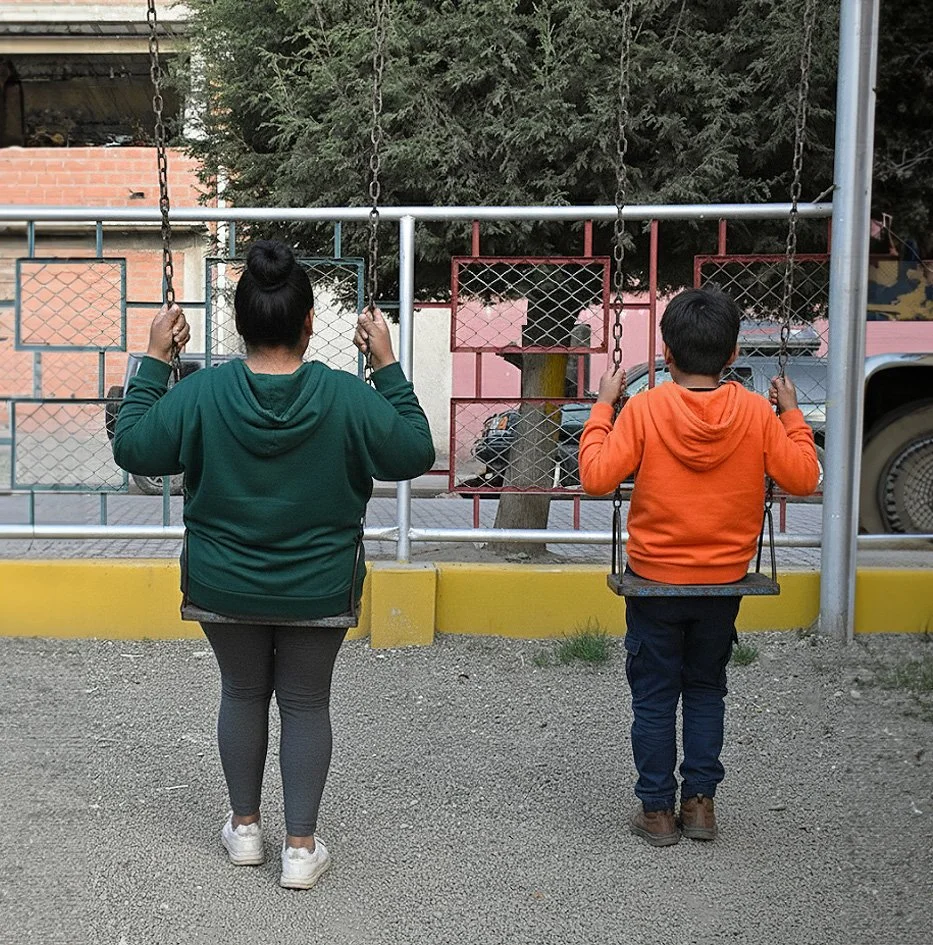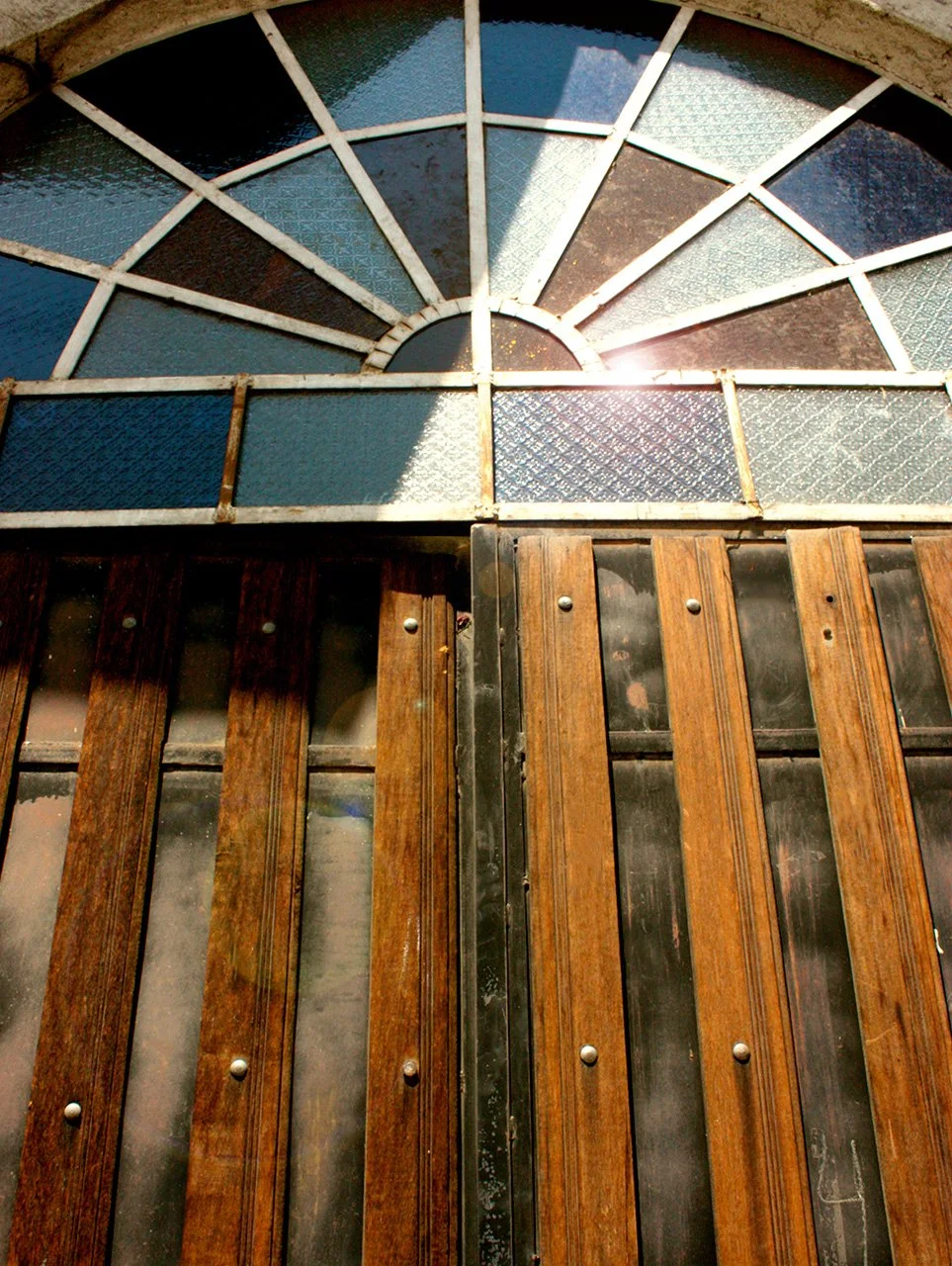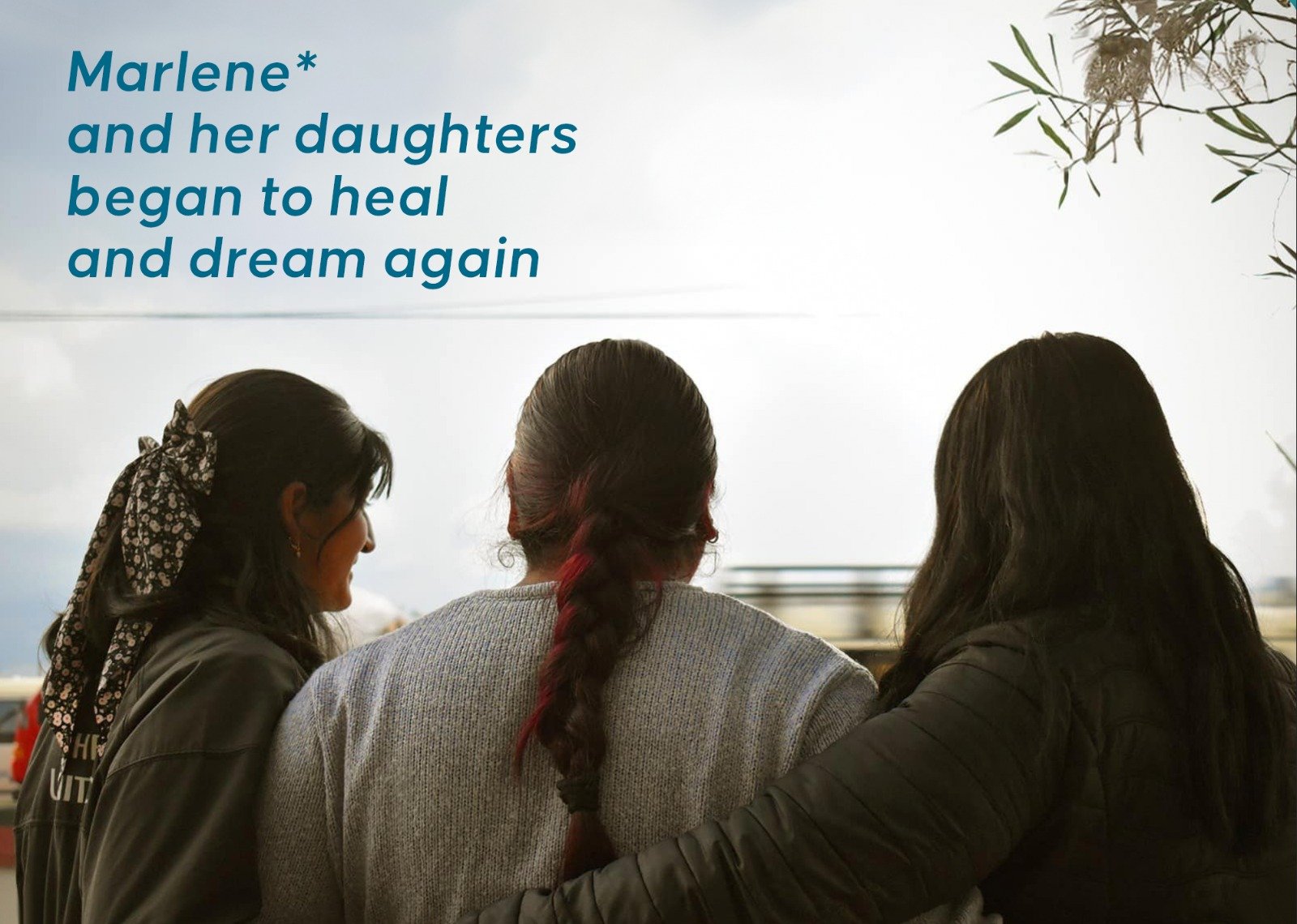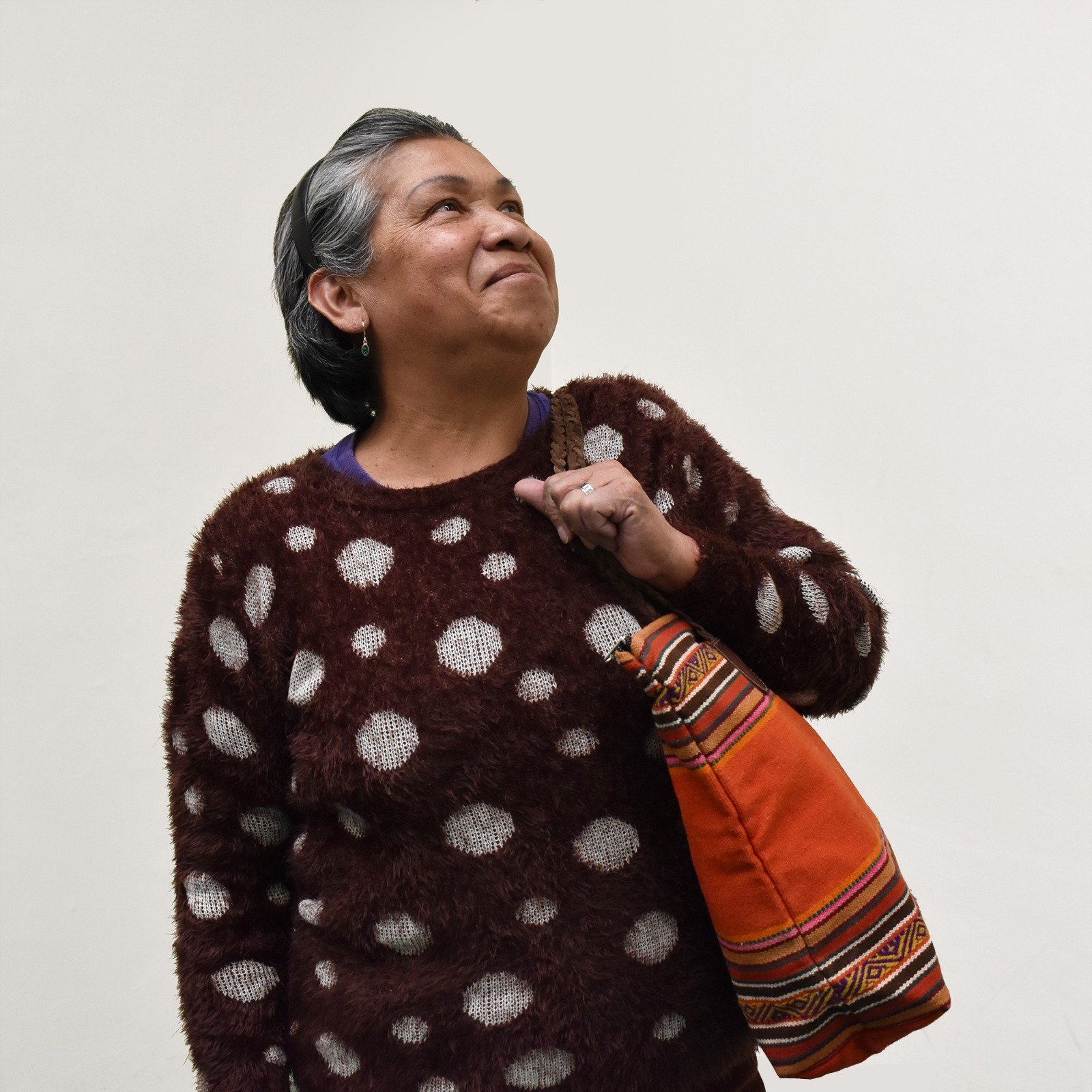After leaving exploitation, she worked tirelessly to build a new life. With courage and determination, she started her own small business making handmade vests and even saved enough to buy her own sewing machine. It was a step toward independence, dignity and hope. But her journey has been anything but easy.
Read More
In my years of knowing Jesus—which are not few—I’ve had the chance to serve in all kinds of circumstances and settings. I’ve seen death, sickness, hunger and poverty up close. I’ve met people imprisoned both physically and spiritually. I’ve ministered in loss and defeat. I’ve consoled the abandoned and shared encouragement with the rejected. But what I had never seen so closely is…
Read More
Ariatne* speak first. At 16, she looks younger, her face bright with enthusiasm. In bold, beautiful letters, she’s written: “Siento que merezco más” (I feel I deserve more) and “Mi lugar seguro” (My safe place). Beside the words is a small drawing of “Casa Esperanza”—a little house with a hearth at its center.
Read More
For years, Marlene was trapped in sexual exploitation far from home. Fear overtook her when a friend from the brothel was murdered. Bolivia has one of the highest femicide rates in the world; every three days a woman is murdered, and women in prostitution face an even higher risk.
Read More
When Andrés invited us to Casa Esperanza, there was so much distrust that few of us accepted. Some went only for the material help but others went because we wanted out, we wanted to see if someone could do something for us, if someone could help us leave the brothels or at least give us hope.
Read More
In the city of El Alto, legally there's recognition that pornographic content fuels violence, gender discrimination and reinforces harmful stereotypes against women. However, putting this law into action seems like an insurmountable challenge.
Read More






